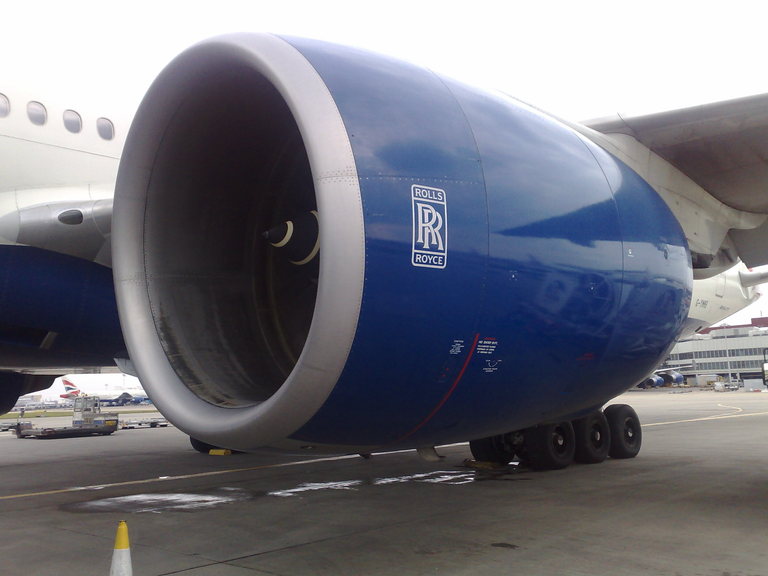Britain has lost the ability to build great things, we've just stopped celebrating the companies that quietly do....
AKA: In praise of Rolls-Royce...
In a world obsessed with shiny digital startups and charismatic tech tycoons, it's easy to overlook the quiet giants — the companies that keep the modern world turning quite literally.
One such giant, headquartered not in Silicon Valley but in Britain's industrial heartland, is Rolls-Royce. Popularly associated with luxury cars (a division it no longer owns), the real Rolls-Royce is one of Britain's most technologically advanced and globally important engineering firms.
Founded over a century ago, Rolls-Royce has evolved from its automotive origins into a cornerstone of British industrial capability. Today, it leads the world in jet engine manufacturing, with its Trent engine series powering commercial airliners and military aircraft alike — including vertical take-off fighters and even the legendary B-52 bombers. These engines are not just feats of engineering; they represent the pinnacle of decades of research, precision manufacturing, and innovation that few companies on this planet can match...

And its potential extends even further. Rolls-Royce is also at the forefront of nuclear technology, developing complex pressurised water reactors to power Britain's nuclear submarines. More recently, it has pushed into hyperscale computing — designing the power systems that will drive the next generation of data centres.
This is not a backward-looking company clinging to the past. It's high-value, cutting-edge, export-oriented work — the kind every economy is keen to develop.
Despite all of this, and accounting for 2% of UK exports, Rolls-Royce flies under the radar. It does not have the media buzz of a tech unicorn, nor a flamboyant CEO who wants to launch rockets into space or reinvent money. Instead, it is led by "Turbo" Tufan Erginbilgic, a no-nonsense, results-oriented former BP executive whose grounded leadership style could not be more different from the Silicon Valley stereotype.
Rolls-Royce is precisely the kind of homegrown industrial champion that Britain ought to be shouting about. It proves that the UK still has the talent, infrastructure, and aspiration to build world-beating technology — not just apps, but the very machinery on which modern life depends.
The problem isn’t that Britain has lost the ability to build great things. It’s that we’ve stopped celebrating the companies that quietly do. Rolls-Royce is not just a legacy brand. It's a vital part of the UK's future.
a
https://www.reddit.com/r/unitedkingdom/comments/1k35c34/britains_hidden_technology_giant_rollsroyce/
The rewards earned on this comment will go directly to the people( @uwelang ) sharing the post on Reddit as long as they are registered with @poshtoken. Sign up at https://hiveposh.com. Otherwise, rewards go to the author of the blog post.
Very true and there are so few companies left like this. I have watched a few programs regarding their jet engines and it is phenomenal what they are able to develop.
I have worked at two small maintenance workshops Rolls Royce have in Brisbane near our airport. It was one of the few places that do everything right not cutting corners or short cuts. Definitely a pleasure to work for them.
As critical parts of the UK's industrial economy shut down (ie steel making) and energy costs skyrocket it will become harder for even great legacy companies like Rolls Royce to compete.
My in-laws own one of the last manufacturing enterprises in London.
The industrial estate where the factory is located was once a hub of industry where you could get any part you needed close by.
No longer.
Now the industrial estate is being converted to housing (its on a nice canal) and the land is worth far more than the business.
We do seem on the brink of a complexity crisis - many of the people maintaining complex systems in the industrialized world are grey-headed and there doesn't appear to be subsequent generations learning their trades, crafts or specialties.
Basically, we're just not getting the basics right!